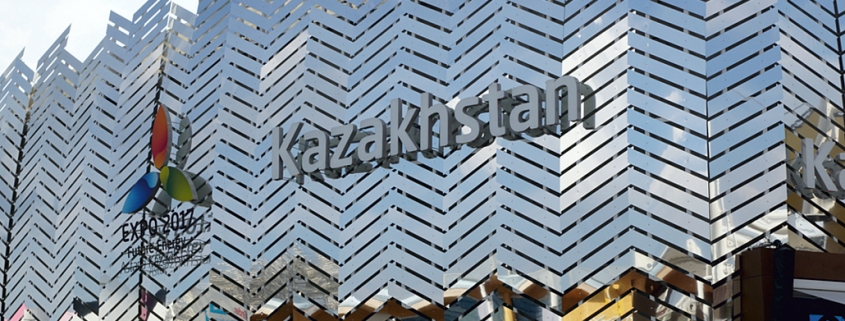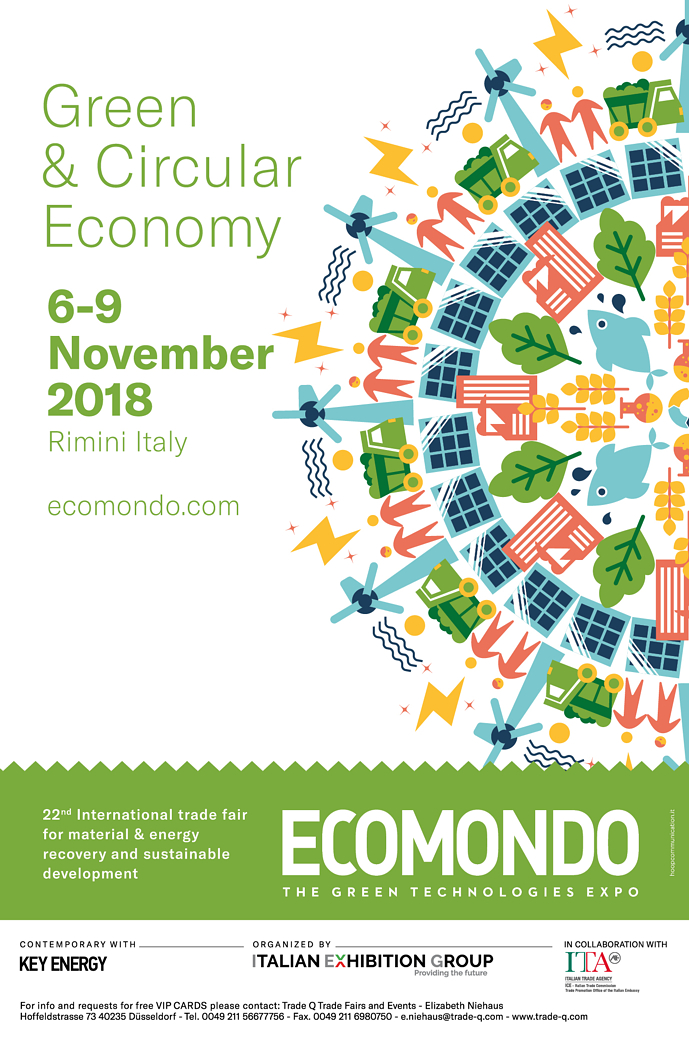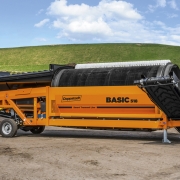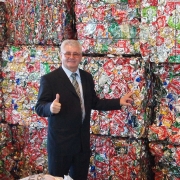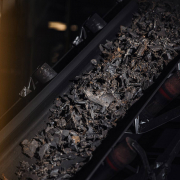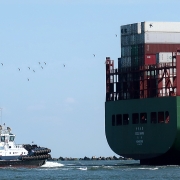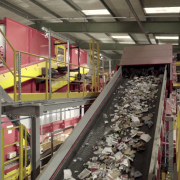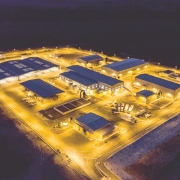Kazakhstan: Investor to Build Recycling Plant in Astana
Parallel to completion of the facility, the Central Asian country will prohibit the use of landfills for untreated municipal waste.
According to the newspaper “The Astana Times”, the Republic of Kazakhstan’s capital Astana plans to build a recycling plant using French technology to process the city’s waste. The construction will begin in August and is to be finished in September 2019. As reported, the future plant (worth about 10.3 million US-Dollar) will recycle 180,000 tons of organic waste or 50 percent of waste from the total amount. “The investor and project contractor is the German company Eggersmann Anlagenbau GmbH,” the newspaper gave account in December 2016. The project would be implemented at the expense of foreign investors.
On the way to separate collection
In April this year, “The Astana Times” reported that the company, which is going to construct the plant, has invested in 30 garbage trucks and 2,000 containers. Furthermore, two shops to process plastic and paper have been launched.In total, 15.8 million US-Dollar have been allocated for the modernization of this sector this year, Astana’s mayor Asset Issekeshev was cited. For the first time in the history of the country, the system of separate collection of waste using wet and dry fractions technology would be used in the city. “For this reason, 25 garbage trucks and more than 6,000 containers will be installed in all yards until September 2019. The depth of recycling of waste will reach 30 percent. At that, great importance will be paid to explanatory work with the population,” he said according to the newspaper. As announced, the recycling facility will be part of a system of collection, processing and disposal.
Kazakh Waste Management
According to a Dutch source, the Republic of Kazakhstan faces severe problems in regard to waste. As reported in early 2013, there are billions of tons of industrial waste – nearly one third accumulated in the Karaganda region (8.5 billion tons by the end of 2012), where metallurgical companies are located. The amount of consumption waste is a lot bigger: At the time, Kazakhstan had amassed 23 billion tons of municipal waste, mostly stored in dumps. The annual increase of solid waste was estimated at 700 million tons, of which 97 percent were sent to landfills. The greatest quantity of this kind of waste was concentrated in Almaty, the country’s largest city and former capital.
In 2013, the situation of solid municipal waste management in Astana – the Kazakh capital – was analyzed by scientists of Nazarbayev University (Astana), National Technical University of Athens, Gumilyov Eurasian National University (Astana) and Kazakhstan Scientific and Technical Center of Development of Housing and Communal Services LLP (Astana). The purpose of the study included the possible implementation of a “decision support software tool developed by the research team in order to analyze data, compare alternative waste management scenarios and propose a holistic approach in solid waste management planning”.
According to this analysis, the city of Astana with a population of 804,474 inhabitants generated about 1.39 kilogram/inhabitant/day of municipal solid waste, which means the generation of approximately 1,118 tons per day. The collection capacity was specified at about 600 to 800 tons per day (collection rate: about 72 percent). A Mechanical Biological Treatment (MBT) plant of a planned capacity of 600-800 tons/day and a new landfill cell of about two million tons were in place at the time. The composition of waste consisted of food and garden waste (29.5 percent), plastics (18.5 percent), paper (13 percent), glass (14.5 percent), textiles (9.5 percent), metals (0.9 percent) and others (14.1 percent). About 23 to 34 tons of recyclables (paper, metal, glass, PET bottles, HDPE film, HDPE plastic, etc.) were separated in the existing MBT daily. “In 2014 it is planned to implement separate waste collection in places of waste accumulation and a waste separation at source system,” the scientists reported in 2013.
Separate collection as of 2019
Starting in 2019, Kazakhstan will prohibit ejecting waste into landfills without prior processing of food waste, tires, oil, batteries, electrical equipment and plastic, “The Astana Times” gave account. The new recycling complex for Astana would consist of a biogas unit, a site for composting and processing biological waste and a sorting line.
This project is not the only one that is realized through funding by investors in the Republic of Kazakhstan: With the support of “Kazakh Invest” jointly with foreign investors, there are plans to start construction of 67 projects for 7.1 billion US-Dollar in 2018 with the creation of more than 13.5 thousand jobs, the national company for investment support and promotion emphasized in April this year. It is authorized to implement measures of state support for industrial and innovative activities in attracting investment in the economy of the Republic of Kazakhstan as well as export development and promotion. According to the information, the company acts as “Unified Coordination Center for Special Economic Zones of the Republic of Kazakhstan”.
____________________
OSCE Supports Waste Management and Recycling Forum in Kazakhstan
In January this year, a forum supported by OSCE (Organization for Security and Co-Operation in Europe) discussed opportunities for attracting investments in Kazakhstan’s waste recycling sector and exchanged best practices and technologies in the field. Around 60 environmental experts and representatives of central and local governments, regional waste recycling companies, civil society, international organizations and national businesses participated in the two-day event in Almaty.
The event was organized by the OSCE Programme Office Astana in partnership with Kazakhstan’s Association on Waste Management, KazWaste, and is part of the Office’s effort to promote green growth and sustainable development principles and to strengthen environmental security in the region.
____________________
Photo: pixabay
GR 2/2018

